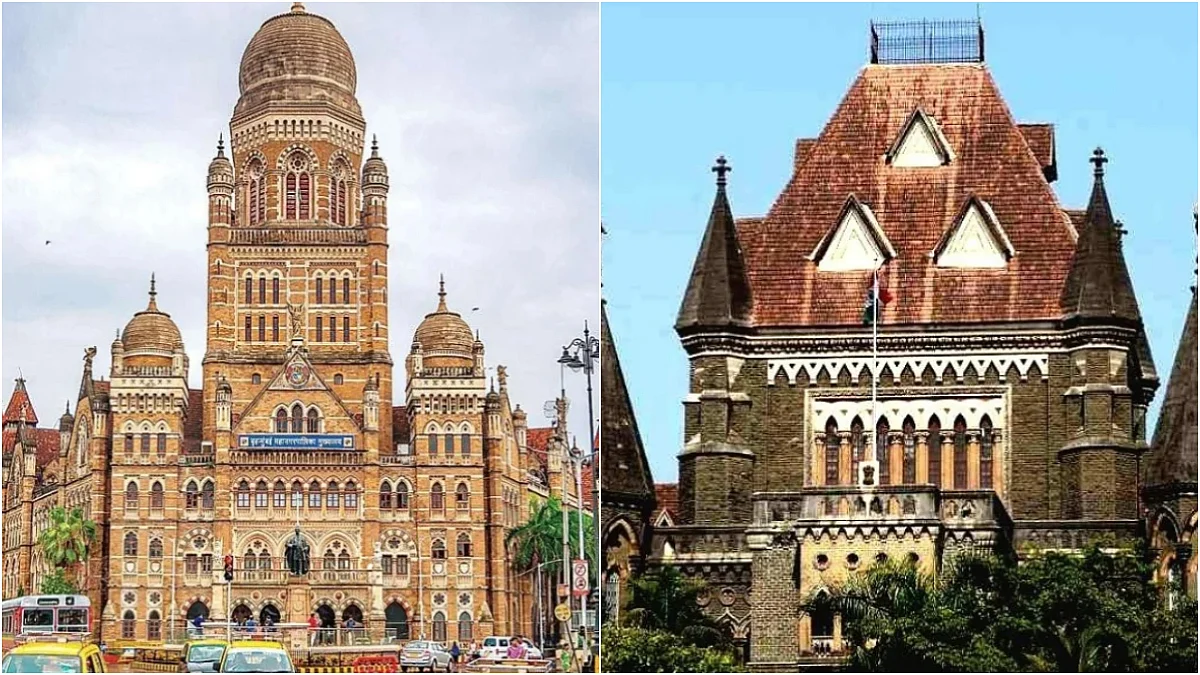Mira Bhayandar: A 70-year-old retired MTNL officer from Mira Road fell prey to a cyber fraud after a man posing as a representative of a courier service duped him of more than ₹68,000.
In his statement to the Naya Nagar police, the complainant stated that he wanted to send an idol of Lord Hanuman to his son staying in Gurugram for which he searched Google for the contact number of a nearby courier facility.
Complainant duped with malicious link
Unaware that cyber criminals often upload fake customer care numbers online to cheat gullible internet users, the complainant contacted one such number, and was told that he would have to fill a form following which their courier person would visit him to pick up the parcel. The complainant was then sent a link by text message.
₹68,000 deducted in 4 transactions
The complainant clicked on the link sent by the cyber-criminal who also gave him the number of the courier boy. Initially ₹2 was deducted from his account. A day later ₹68,000 was fraudulently withdrawn from his bank account via four transactions amounting ₹20,000, ₹30,000, ₹8,000 and ₹10,000.
Fraudster made him install remote access application
This despite the fact that the complainant had not shared any One Time Passwords. The fraudster had apparently made him install a remote access application to take control over his mobile phone and bank accounts. An offence under the relevant sections of the Indian Penal Code and Information Technology Act of 2000 has been registered against the cyber-crook at the Naya Nagar police station in Mira Road. Further investigations were on.


10 tips to stay safe from online banking fraud |
Mumbai police cautions citizens
According to Cyber Crime Cell under Crime Branch of Mumbai police , the most common form of online frauds are related to banks, online commerce platforms where fraudsters, posing as bank /platform officials, convince the victim to share OTP, KYC updates and sometimes send the links to be clicked to access bank accounts.“People should know that no bank or institution is authorised to demand for bank details or PIN numbers. Unfortunately, educated people are falling prey to online frauds and losing lakhs of rupees,” explained DCP Cyber Crime, Balsingh Rajput.












